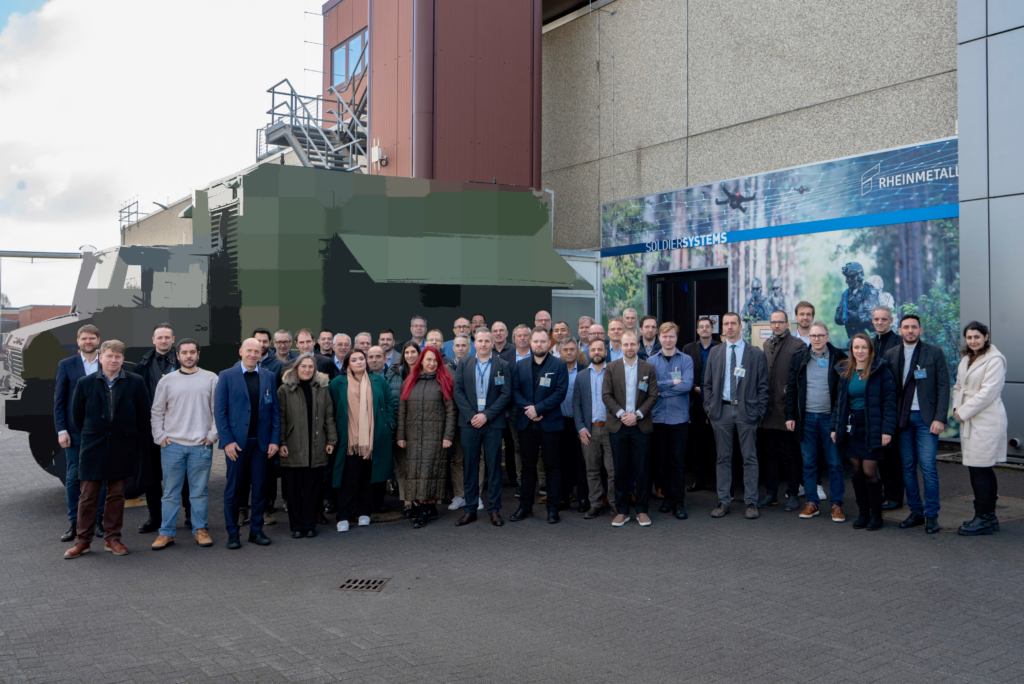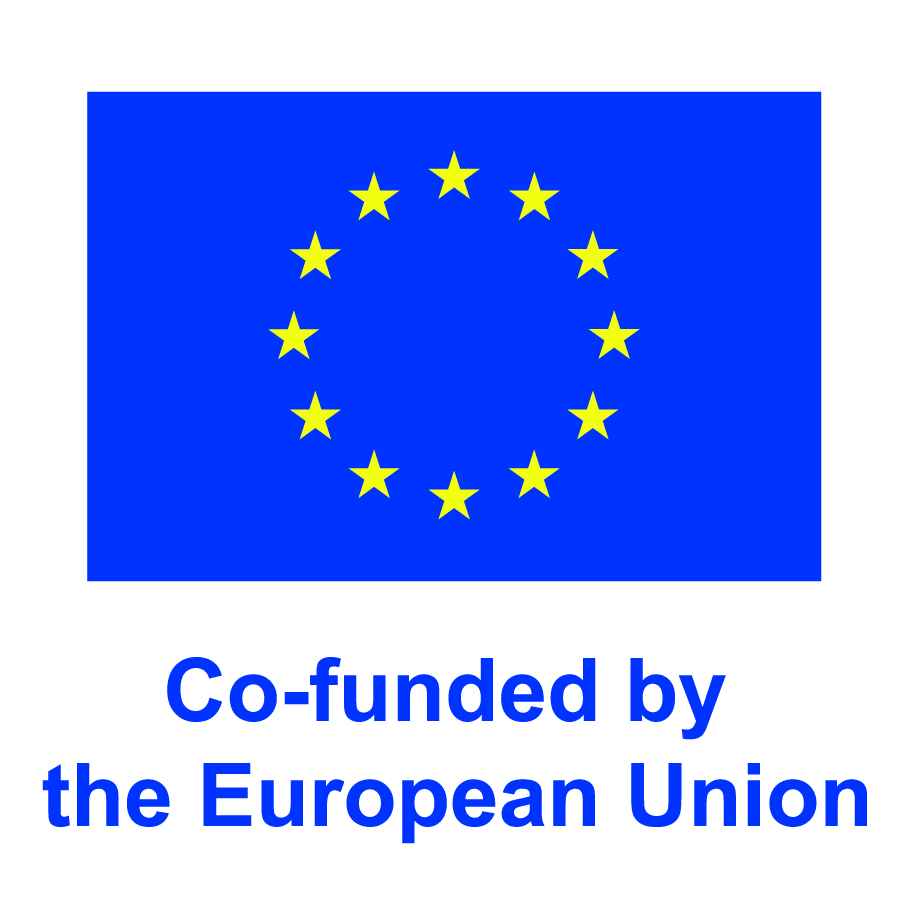On January 30 – February 2, 2024, the 5G Communications for Peacekeeping and Defence (5G COMPAD) project consortium held a plenary meeting to discuss the next steps for taking the defined 5G use cases towards systems requirements. The four-day meeting was hosted by Rheinmetall Electronics and took place in the company’s headquarters in Bremen, Germany.
This event was the second meeting of the project’s stakeholders. It focused on the concept presentation of seven demonstrators – a central object of the project that will lead to prototype development. The meeting also informed stakeholders of the project’s status and first-year achievements and hosted discussions on the 5G COMPAD project’s next steps and actions, specifically regarding the demonstrators’ preparation.
Representatives from European Ministries of Defence (MoD) were invited to the first two days of the event, during which the project’s progress to date was presented. The in-person meeting of the project consortium and stakeholders allowed them to discuss the issues and exchange valuable feedback, including that of the demonstrator concept.
In the second part of the event, the 5G COMPAD consortium delved deeper into the respective topics, held technical discussions, and worked on the topics of the respective work packages. The participants also visited the Rheinmetall Electronics product lines and were guided through laboratories.
After a year dedicated mainly to study, design, and specification activities, in 2024, the 5G COMPAD project will focus on integration and extension. Based on demonstrators, project partners will work on prototypes, which will be tested and verified within the demonstrator groups. The prototypes will be presented to stakeholders at several demo events until the end of the project in 2025.
Project: 101103519 — 5G COMPAD — EDF-2021-C4ISR-D-2

Press contact:
5G COMPAD Communication team
media @ 5gcompad.eu

Views and opinions expressed are however those of the author(s) only and do not necessarily reflect those of the European Union or the European Commission. Neither the European Union nor the granting authority can be held responsible for them.


Views and opinions expressed are however those of the author(s) only and do not necessarily reflect those of the European Union or the European Commission. Neither the European Union nor the granting authority can be held responsible for them.
Project: 101103519 — 5G COMPAD — EDF-2021-C4ISR-D-2
©2023 All rights reserved 5G Compad | Cookie Policy | Privacy Policy